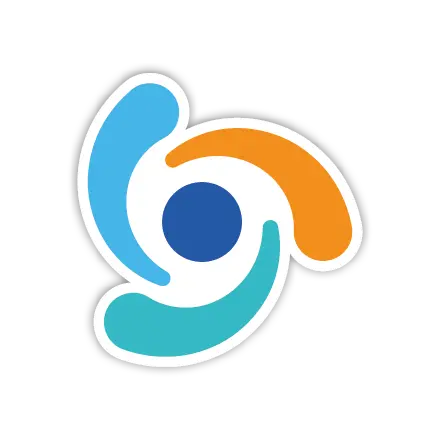After studying for five years at Polytech Nantes and completing a six-month internship at the Paris 6 Laboratory of Computer Science, Oriane Thiery joined the SIRIC ILIAD team as a PhD student at the LS2N laboratory, working on a project focused on medical imaging in multiple myeloma.
Since October 1, 2022, Oriane Thiery has been working on her thesis regarding the interpretation of PET images of patients with multiple myeloma. Her thesis is co-supervised by Thomas Carlier, a medical physicist at CHU de Nantes, and Diana Mateus, a professor at Centrale Nantes and a member of the Signal, Image, and Sound (SIMS) team at LS2N. It is also co-supervised by Mira Rizkallah, a lecturer-researcher at Centrale Nantes.
Artificial Intelligence in Nuclear Imaging…
The originality of Oriane’s thesis project lies in the methodology used, known as “Graph Neural Network.” This approach involves transforming the data from PET images into graphs, which are then analyzed with the help of artificial intelligence to extract information about medical prognosis. The graph method is applied at two levels to address different prognostic questions:
- The first graph is created at the individual level: tumors within a person are represented as nodes, with associated information for each tumor, and their relationships as edges (or connections). Artificial intelligence methods are then applied to this representation to infer information about the disease’s progression-free survival. In other words, how long before the disease progresses?
- The second graph is created at the population level: here, each node represents a patient, and connections represent relationships between patients. This graph will help identify patients with similar profiles and predict the potential disease progression for a given patient.
In essence, using these graphs could allow for personalized “predictions” of disease progression for each patient.
PET: Positron Emission Tomography
… To assist medical teams in choosing the best treatment for each patient
Generally, cancer treatments can be quite burdensome and restrictive, and some patients face a higher risk that requires more tailored treatments. Oriane’s mission is to guide medical teams in selecting a treatment suited to the individual characteristics of each patient. Oriane finds this new method of analysis very promising for medical decision-making and thus for patient care.
Oriane’s research is supported by the Trajectoire Nationale program awarded to SIRIC by the Pays de la Loire Region and by the AIby4 program.





